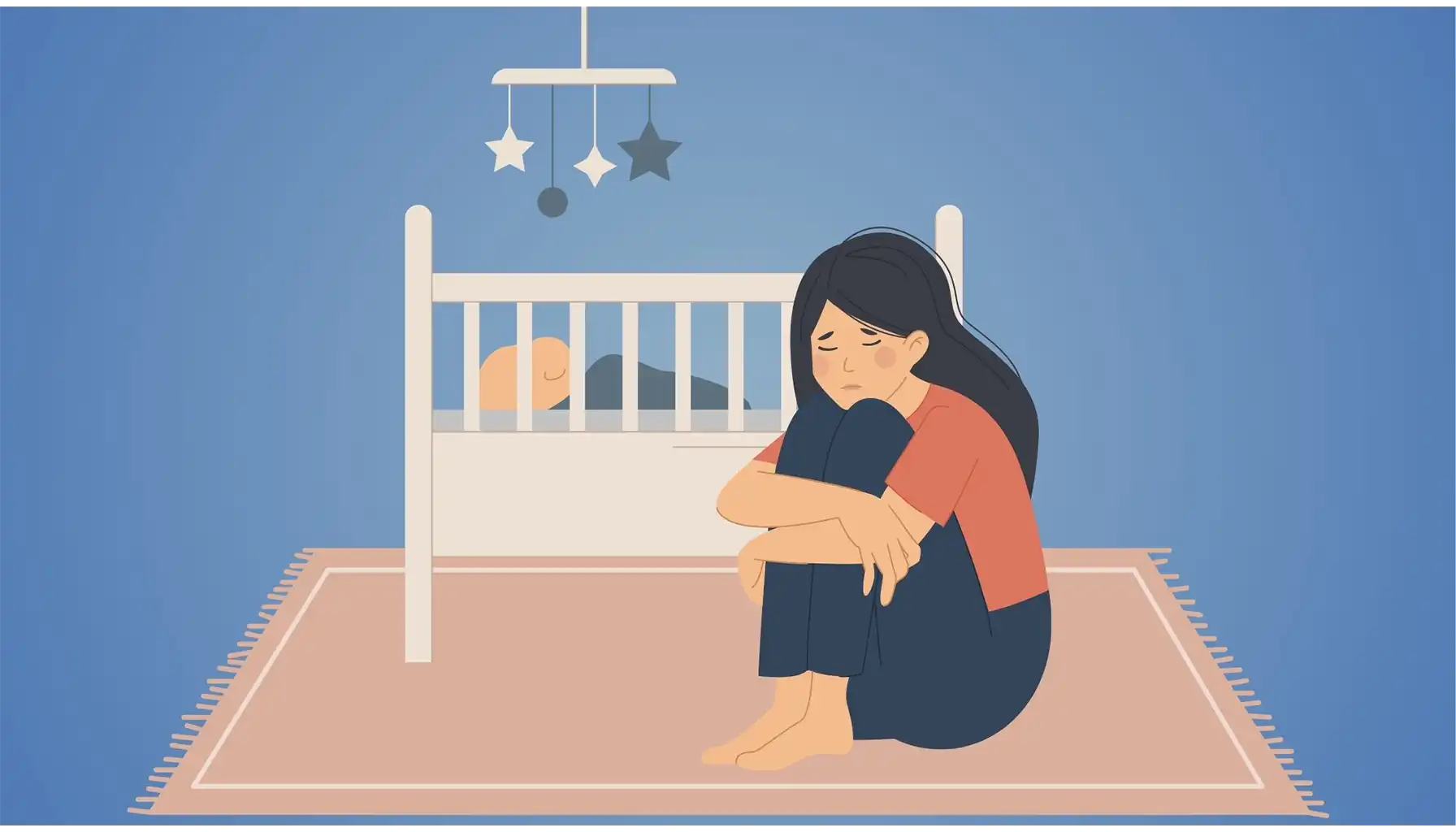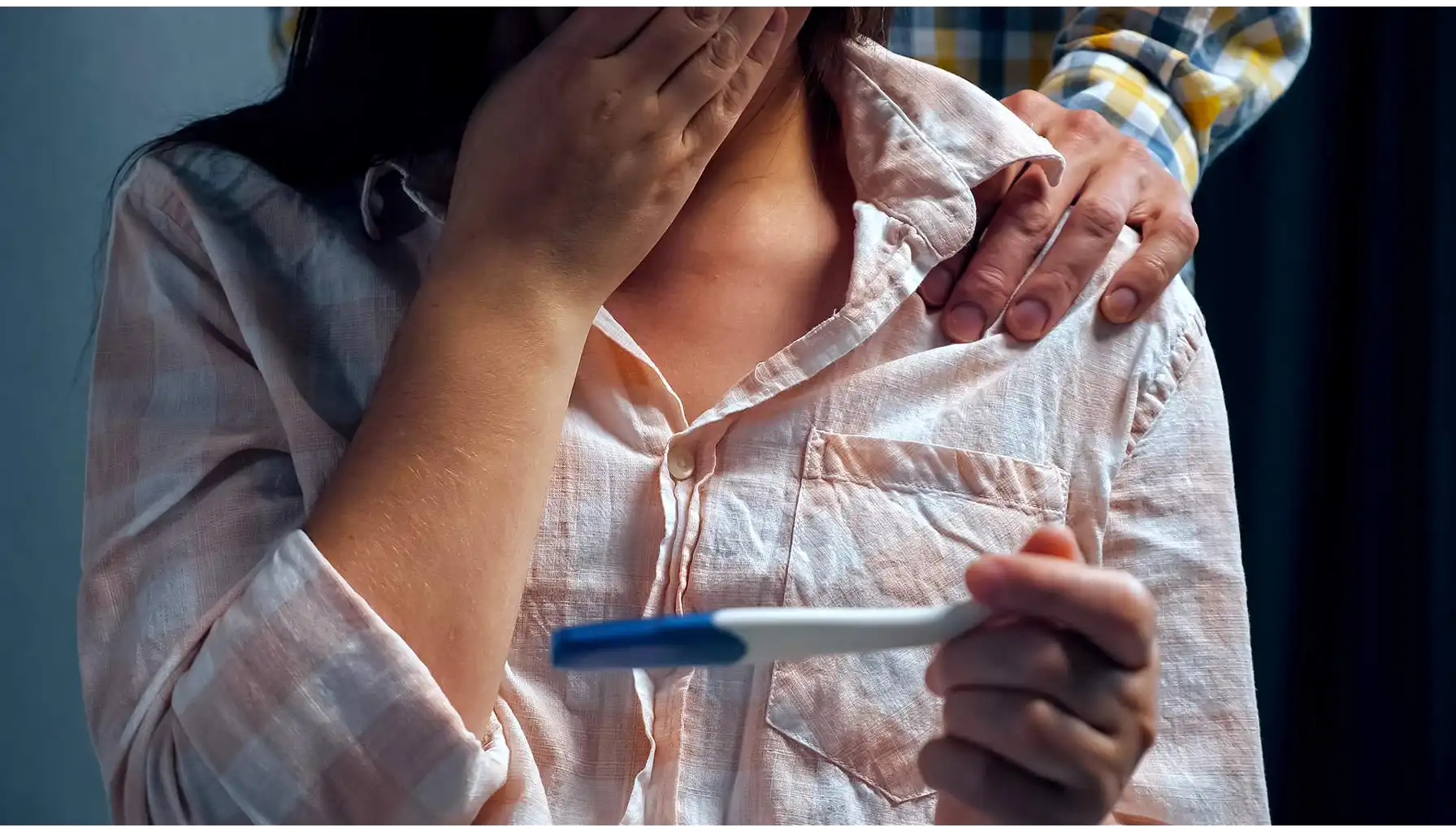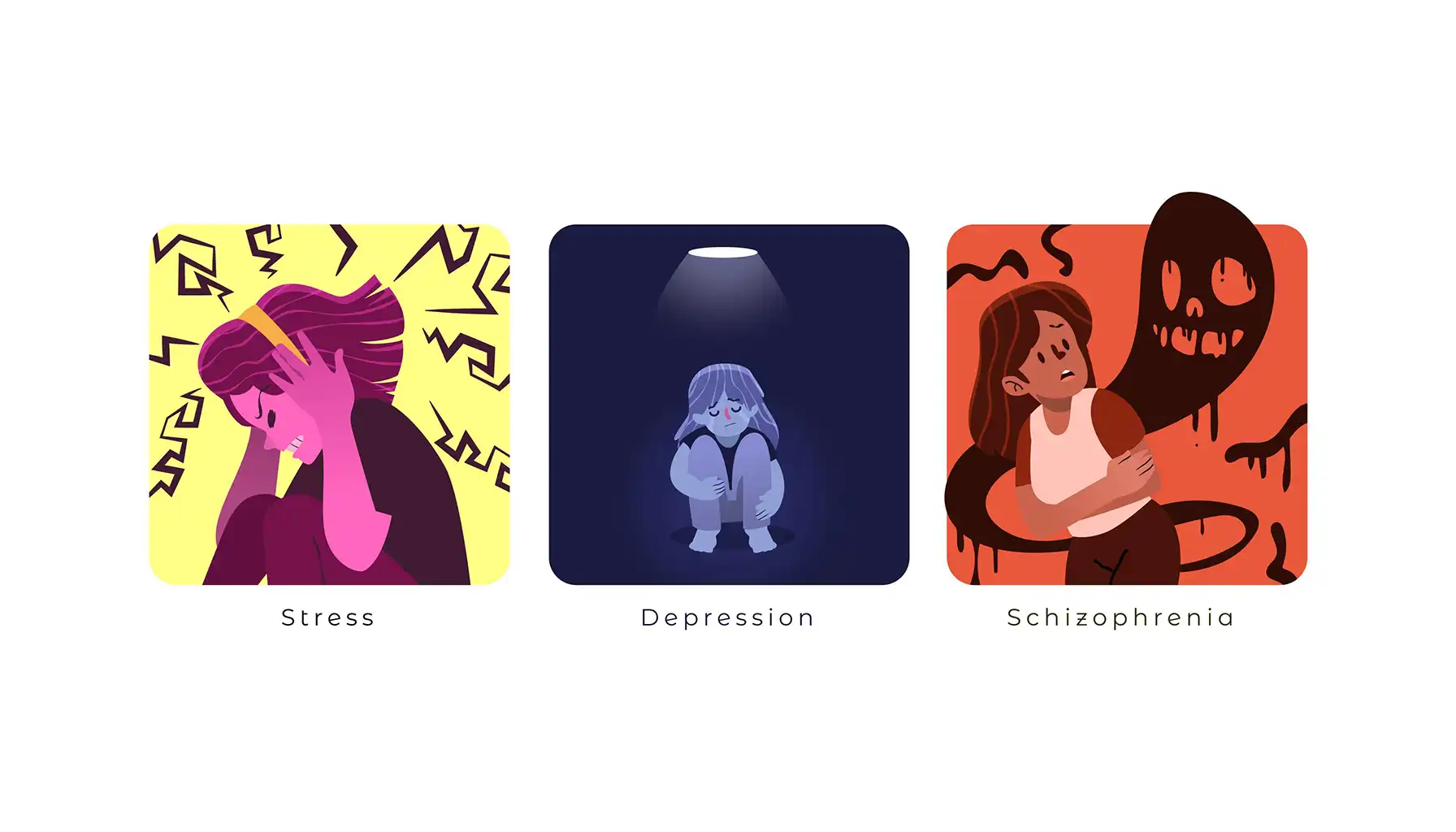Tokophobia Meaning: Fear of Childbirth, Symptoms, and Treatment

Pregnancy and childbirth is often viewed with a mix of good emotions. However, for some, this apprehension transforms into an intense and debilitating fear. This is Tokophobia.
With a focus on mental well-being growing, tools like brain training offer new ways to address and manage concerns. Nowadays, where conversations around mental health are becoming more popular, understanding this option is very important for everyone.
This article is about: Tokophobia definition, its impact, insights and managing this specific phobia.

What is Tokophobia a Fear of?
It's a specific phobia, characterized by an extreme fear of pregnancy and childbirth. It can manifest in two primary forms: primary and secondary.
The former occurs in individuals who have never been pregnant and often stems from a general fear or anxiety related to childbirth, influenced by hearing stories of the pain of childbirth, for instance.
The latter arises from a previous negative experience with pregnancy or childbirth. It's important to distinguish between normal anxiety about pregnancy and true Tokophobia.
While some worry about the process is normal, Tokophobia is characterized by an overwhelming fear that significantly impairs daily life, leading to avoidance of pregnancy, difficulty with sexual intimacy, and severe anxiety in situations related to pregnancy or childbirth.
Symptoms
Define Tokophobia symptoms is the first step toward seeking help. These symptoms can range from mild to severe and often overlap with other anxiety disorders.
Being able to identify these signs in yourself, or in a loved one, is essential in getting the right kind of support.
It can be difficult to discern what is a regular concern and what is a more serious indication. Just as someone with Acrophobia symptoms, the fear of heights, might experience a racing heart, the physical reactions of this specific phobia can be significant.
Physical symptoms
Rapid heartbeat, shortness of breath, nausea, trembling, panic attacks, and intense physical discomfort when thinking about or discussing pregnancy or childbirth.
You might notice these physical sensations when just hearing about pregnancy or birth. The body's "fight or flight" response is activated, which leads to many of these physical manifestations.

Emotional symptoms
Intense fear, anxiety, panic, nightmares, persistent negative thoughts about childbirth, and avoidance of anything that could be related to childbirth.
This may also manifest as a constant dread of the prospect of pregnancy or childbirth. Such thoughts can significantly impact everyday life, leading to a change in social habits.
Do you feel like the fear consumes your thoughts? If so, you may need a Tokophobia test, consulting with a qualified healthcare provider is the best way to determine if you have this condition. They can provide an accurate diagnosis and recommend appropriate treatment options.
A healthcare professional is the best person to speak with. They can discuss your feelings and help you understand what you are experiencing, and develop a course of action.
Causes
Understanding the origins of Tokophobia is key to addressing it. As mentioned earlier, there are primary and secondary forms. Primary Tokophobia can arise from a variety of factors.
Primary | Secondary |
Exposure to negative birth experiences through media, stories, or witnessing difficult births. | Difficult pregnancy |
General anxiety or fear of pain, the unknown, or loss of control. | Previous miscarriage |
Lack of knowledge or misconceptions about pregnancy and childbirth. | Stillbirth |
Early life experiences or personal history with anxiety disorders. | Medical complications during a previous birth |
Postpartum depression |
Primary Causes

When people hear or see scary stories about childbirth, whether in movies, on the news, or from others, it can make them worried about what might happen to them. Seeing a difficult birth firsthand, either at a hospital or assisting a friend, can be a particularly impactful experience.
Some are naturally anxious about things they can't control, like childbirth. The idea of pain, the uncertainty of the birthing process, and the feeling of losing control over their own bodies can cause a great deal of fear.
Not knowing much about what to expect during pregnancy and labor can lead to misunderstandings and worries. Having the wrong ideas about what happens can make the prospect of childbirth seem scarier than it is.
People who have dealt with anxiety or other mental health challenges in the past might be more prone to developing these specific fears. Past experiences, such as a history of childhood trauma, can make someone more vulnerable to developing strong feelings.
Secondary Causes
If a woman has had a difficult pregnancy, it can create a sense of apprehension about the subsequent ones. This can involve issues with health or complications.
Experiencing a miscarriage can be a very painful and emotionally difficult event. The fear of losing another baby or not being able to have a healthy pregnancy can understandably lead to increased apprehension about future pregnancies.
The death of a baby before or during birth can be a deeply traumatic experience. It can be difficult to deal with such a loss, and it may lead to the fear of going through it again.
If a previous birth involved medical emergencies or complications, it could make someone anxious about facing those situations again in a subsequent birth.
Postpartum depression is a type of depression that occurs after giving birth. If a woman is struggling with signs of depression, including postpartum depression, she may be more apprehensive about her ability to handle the emotional strain of another pregnancy.
Tokophobia in Men
While commonly associated with women, the impact of Tokophobia in men is often overlooked. Surprisingly, can men have Tokophobia? Yes. This phobia can affect men who are partners of pregnant women or those considering starting a family.
Tokophobia men might experience the same emotional and physical symptoms as women. They can also manifest in avoidance behaviors, such as avoiding discussions about pregnancy or childbirth, or withdrawal from their partners.
Understanding Tokophobia in males is important for providing comprehensive support to families and couples. It's not uncommon for men to fear witnessing the labor process, worrying about the safety of their partner and child, or feeling a sense of helplessness.

How to Overcome Tokophobia
The good news is that how to overcome Tokophobia is within reach. If you’re looking for ways to get over Tokophobia effectively.
Education | Learn as much as you can about pregnancy and childbirth. Understanding the process can help alleviate fear. |
Cognitive Behavioral Therapy | CBT is a type of therapy that helps you identify and challenge negative thought patterns. |
Mindfulness and Relaxation Techniques | Practicing mindfulness, meditation, or deep breathing exercises can help manage anxiety and panic. |
Support Groups | Connecting with others who experience similar fears can provide a sense of community and reduce feelings of isolation. |
Treatment
There are effective methods to provide help to those with Tokophobia. The most common approach is Tokophobia treatment, which involves a combination of therapy and, in some cases, medication.
Psychotherapy
Cognitive Behavioral Therapy is a fundamental treatment. CBT helps individuals identify and change negative thought patterns related to pregnancy and childbirth. Exposure therapy, a form of CBT, can also be used to gradually expose individuals to anxiety-provoking stimuli.
To support these types of approaches, consider integrating activities to improve mental agility, like using apps such as Mind Elevate that engage multiple skills.
This could be talking about it, imagining it, or even being around pregnant women for a short time. This helps them feel less afraid of these things over time, in a safe and supportive setting.
Medication
In some cases, medications such as antidepressants or anti-anxiety drugs may be prescribed to manage severe anxiety or panic attacks.
These medicines change how the brain works to help people feel calmer and lessen the physical signs of fear. It's important to know that medicine is often just one part of a bigger plan, and a doctor will keep a close eye on it to make sure it helps and is safe.
Support Groups
Joining a support group or participating in educational programs can be incredibly helpful for managing the fear of childbirth. Being with others who understand can make someone feel less alone.





